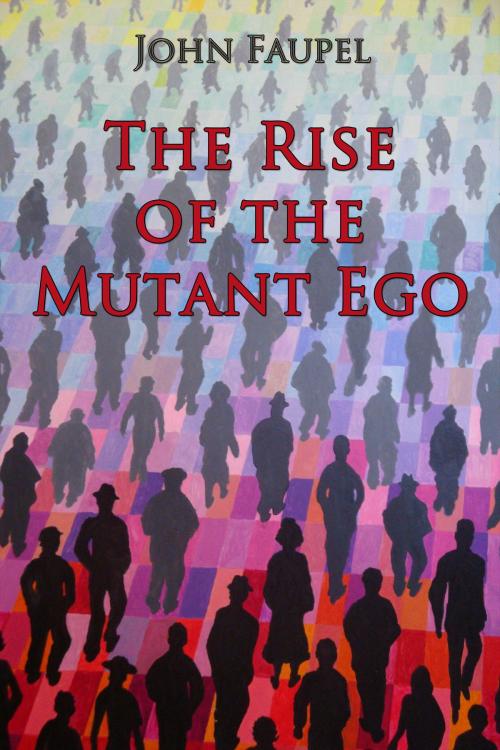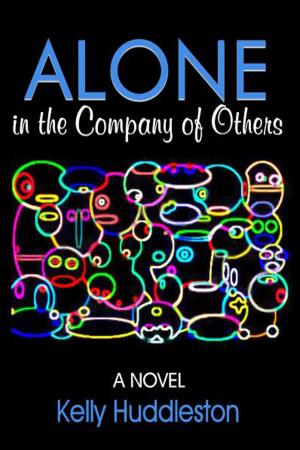| Author: | John Faupel | ISBN: | 9781370881444 |
| Publisher: | Open Books | Publication: | April 11, 2017 |
| Imprint: | Smashwords Edition | Language: | English |
| Author: | John Faupel |
| ISBN: | 9781370881444 |
| Publisher: | Open Books |
| Publication: | April 11, 2017 |
| Imprint: | Smashwords Edition |
| Language: | English |
We still seem to believe in the ‘the ascent of man’ and that we are superior to all other species, so surely we must be in charge of our destinies. But is it any more valid, believing a man is superior to a butterfly because he is cleverer, than believing a butterfly is superior to a man because it is more beautiful? It has been suggested that our unashamed vanity has been dealt three serious blows. The first was cosmological, dealt by Copernicus in 1543, who showed that we were not at the center of the universe; the second was biological, dealt by Darwin in 1859, who showed that we were just one small branch of the evolutionary tree of life; and the third was psychological, dealt by Freud in 1900, who showed that the unconscious mind had a far greater influence on us than we had ever thought possible. To these might be added yet a fourth blow to our vanity. It is a blow that is gradually being exposed by the inquiry into what makes us feel and think and act the way we do and how much our heredity and environmental experiences influence our behavior. Perhaps we’re not quite as in charge of our destinies as we thought we were. Most of us think we learn from our experiences but perhaps we can do so only retrospectively and that this process is less about learning than conditioning.
We still seem to believe in the ‘the ascent of man’ and that we are superior to all other species, so surely we must be in charge of our destinies. But is it any more valid, believing a man is superior to a butterfly because he is cleverer, than believing a butterfly is superior to a man because it is more beautiful? It has been suggested that our unashamed vanity has been dealt three serious blows. The first was cosmological, dealt by Copernicus in 1543, who showed that we were not at the center of the universe; the second was biological, dealt by Darwin in 1859, who showed that we were just one small branch of the evolutionary tree of life; and the third was psychological, dealt by Freud in 1900, who showed that the unconscious mind had a far greater influence on us than we had ever thought possible. To these might be added yet a fourth blow to our vanity. It is a blow that is gradually being exposed by the inquiry into what makes us feel and think and act the way we do and how much our heredity and environmental experiences influence our behavior. Perhaps we’re not quite as in charge of our destinies as we thought we were. Most of us think we learn from our experiences but perhaps we can do so only retrospectively and that this process is less about learning than conditioning.















